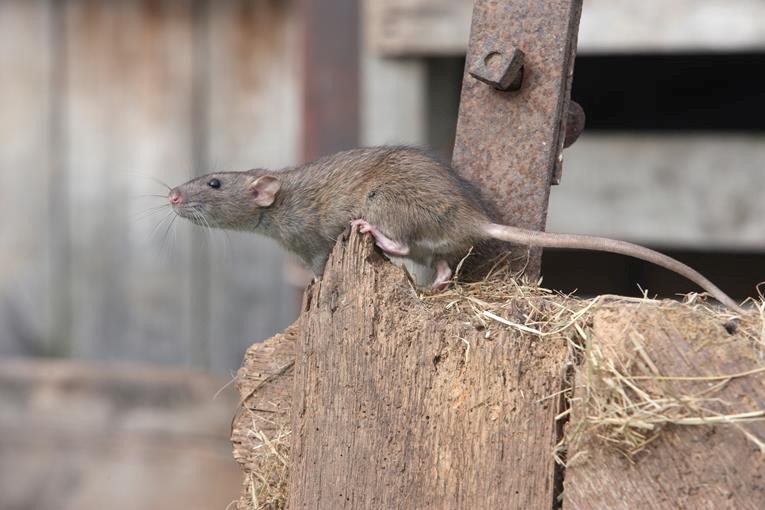UK farms face rising rodent threat as resistance survey relaunched

Growing resistance to key rodenticides has prompted BASF to call on farmers for fresh insight, as the company relaunches its nationwide survey into rodent control on UK farms.
The agrochemical giant's short survey invites farmers to outline how they tackle infestations, the pressures they face and which control methods they rely on.
BASF says contributions are increasingly important as evidence continues to grow that early second-generation anticoagulants containing bromadiolone and difenacoum are losing effectiveness.
While resistance levels vary between regions, the company warns the trend is becoming more noticeable in both rats and mice, making it vital to understand which products and practices are still delivering results on farm.
The latest findings will be compared with previous years to track how rodent management strategies are shifting and to build a clearer picture of changes in rodenticide use across the UK’s agricultural sector. BASF hopes this will help identify emerging hotspots of resistance as well as the tools farmers now prefer.
The call-out comes ahead of new rodenticide regulations due in January 2026, which will restrict access to certain products for anyone without professional certification and place greater emphasis on integrated pest management (IPM) and environmental deterrents.
As a result, many farmers may need to rethink their existing approaches, take additional training or work more closely with professional pest controllers to remain compliant while keeping infestations under control.
Laurence Barnard, country business manager at BASF, said the organisation wants to capture an up-to-date view of on-farm conditions.
“This survey is an important opportunity to understand the realities of rodent control on farms right now,” he said. He added that the results would not only support resistance monitoring but also help BASF to share best practice and assist farmers dealing with infestations quickly.
Barnard highlighted the broader significance too, noting that “effective rodent control helps protect property, machinery, animal welfare and livelihoods” by reducing damage, preventing losses and limiting disease.
With new regulations fast approaching and resistance concerns growing, he urged farmers to “take a few minutes out of their day” to support a piece of research that could shape future pest management strategies.








